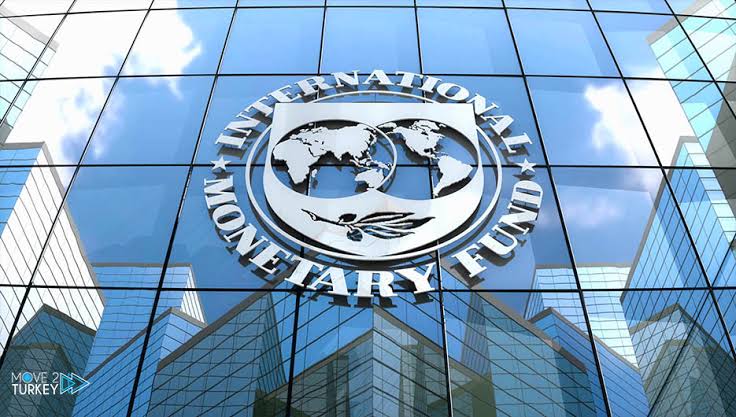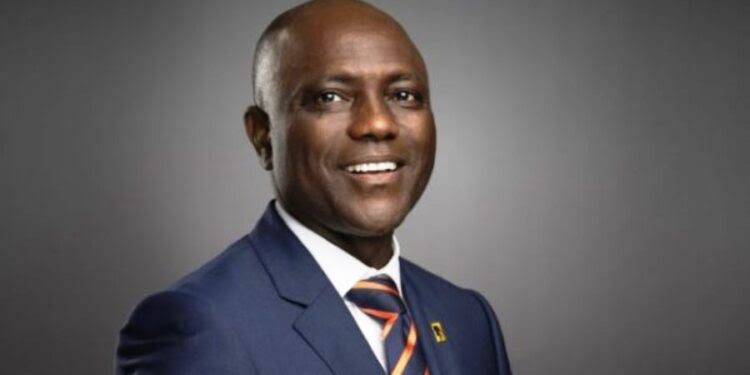Nigeria’s economic problems have deepened, with the average income per person dropping to $835.49 in 2025, representing a 4.73% decline from $877 in 2024, according to the International Monetary Fund (IMF).
This downward trend is a stark reminder of the country’s struggles with household incomes, which have been eroded by the raging cost-of-living crisis.
The situation is further complicated by Nigeria’s population growth, which has outpaced economic expansion.
As a result, the country’s per capita income has plummeted by a staggering 72.8% since 2014, when it stood at approximately $3,223.
This dramatic decline is one of the sharpest in the region, underscoring Nigeria’s weakened resilience in the face of internal and external economic pressures.
The implications of this decline are far-reaching, with reduced purchasing power exacerbating poverty levels and worsening inequalities.
A low GDP per capita may also lead to weak consumer demand, dampening business growth and expansion, and shrinking economic growth.
Furthermore, declining income levels may prompt skilled professionals to seek better opportunities abroad, exacerbating Nigeria’s existing brain drain issues.
In contrast, West African peers like Ghana, Cote d’Ivoire, and Benin Republic have experienced modest growth in their GDP per capita.
As Nigeria struggles to regain its economic footing, it is essential to address the policy missteps of the past decade, which have weakened the economy and worsened living conditions.





































Leave a comment